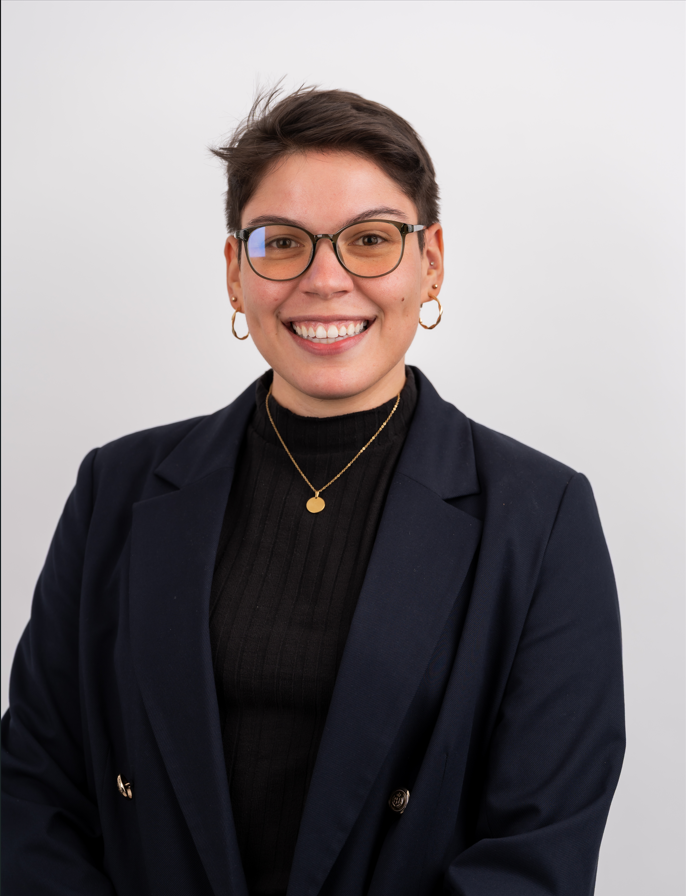Bridging Science, Policy & Start-Ups: Natalie’s EMAP Story

By Sofia Rosales, 10/17/2025
As Program Manager for Mentorship and Partnerships at The Innovation Space, a science based startup incubator and accelerator, Natalie Ephraim (EMAP ’20) manages an ever evolving portfolio of projects that bridge science, business, and sustainability. Her day-to-day work includes connecting with startup founders to assess their needs, coordinating with subject matter experts and career entrepreneurs, and supporting strategic corporate partnerships. “It’s an externally facing job, a mix of project coordination and relationship building,” she says.
Ephraim’s interest in the EMAP program at Georgetown University grew out of a long-standing passion for environmental science and sustainability. Encouraged by her undergraduate professors, she saw EMAP as a way to channel that passion into practical impact. “I wanted to do work that makes the world greener and safer, but I didn’t know exactly what that looked like,” she explains. “The opportunity to gain hands-on experience in the regulatory space and learn from world class professors and mentors sealed the deal for me.”
She credits EMAP’s multidisciplinary structure, integrating chemistry, environmental science, and policy, as a stepping stone of her professional success. “The program expanded on my competencies in chemistry and developed my knowledge of regulatory science,” she says. “My career has spanned state regulatory work, corporate sustainability, and now business development for life science start-ups. Being able to bridge the gap between hard sciences and policy has been monumentally helpful.”
Looking ahead, Ephraim plans to continue advancing innovation in clean energy, PFAS-free advanced materials, and safe therapeutics. “Science innovation is accelerating, especially in the green technology space,” she notes. “I love being a technology commercialization program manager and an innovation-ecosystem-relationship-builder, because I get to witness how these advancements come to exist and enter the marketplace, and get to know the people dedicated to making it happen.”
Reflecting on her time at Georgetown, Ephraim emphasizes the importance of collaboration and community within the EMAP program. “One thing I wish I had known in my first semester was how much my classmates and I would come to rely on each other,” she says. “We came from a variety of backgrounds, and our areas of expertise overlapped (and didn’t!) in ways that allowed us to learn from one another as much as from our professors. I wish we had leveraged our different expertise even more from the start.”
From environmental policy to innovation management, Ephraim’s career reflects the versatility and impact of EMAP graduates: professionals equipped to connect science, policy, and industry in pursuit of a more sustainable future.
